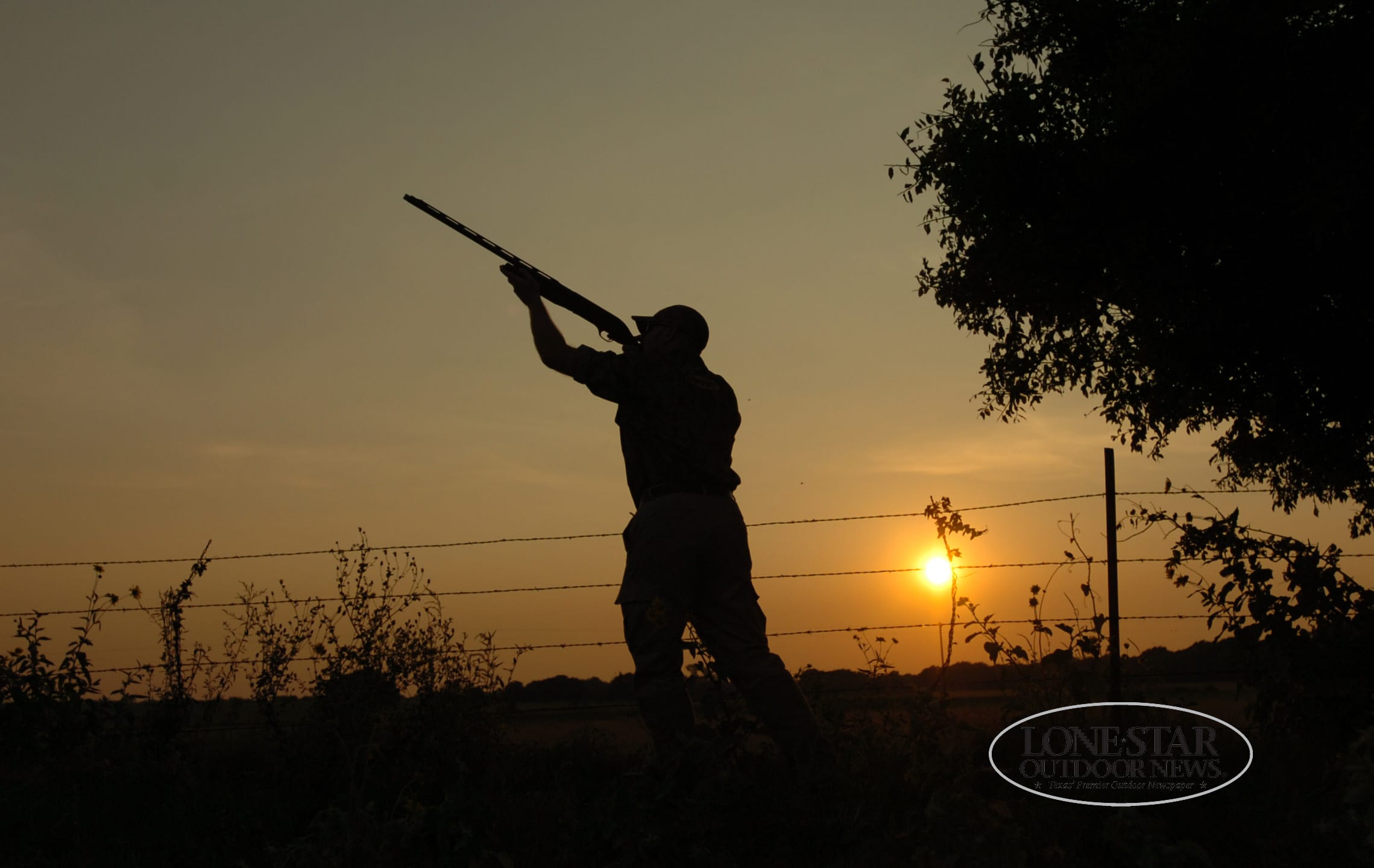By Mark England
Lone Star Outdoor News
An annual legislative tradition lives on with the approval of the Texas Parks and Wildlife Department’s 2018-2019 budget. A pot of money in the agency’s largest funding source, Fund 9, remains unappropriated in order to help balance the state’s budget.
This year, the amount of Fund 9 is almost $47 million.
Why legislators leave hefty amounts of funds sitting in Fund 9 was amply demonstrated five years ago. Then, approximately 44 percent of the Fund 9 balance was used to certify the General Appropriations Bill (2012-13), according to the Legislative Budget Board.
In fiscal 2017, Fund 9 will account for 36.2 percent of TPWD’s budget or about $135 million. Besides hunting and fishing stamps, revenues stream into Fund 9 from hunting and fishing licenses and permits as well as from the state’s portion of the Sport Fish and Wildlife Restoration Acts. Boat users and manufacturers chip in fees and taxes. Other revenue flows from the sale or lease of grazing rights on public land and fines collected for violating state laws protecting fish and wildlife.
Fund 9 is also known as the Game, Fish and Water Safety Account since it may only be used for purposes related to regulating and protecting fish and wildlife and enforcing Texas’ water safety laws. Legislators, though, authorize much of its spending. The tight rein on Fund 9’s purse strings leads to programs battling each other for limited funds. For example, Texas legislators gave the go-ahead for TPWD to battle invasive aquatic species, authorizing it to spend $6.5 million over the next two years, but declined additional funding for the Texas Farm and Ranch Land Conservation Program, which keeps private land valuable in terms of fish, wildlife or agriculture from succumbing to development.
Inland Fisheries campaigned for its funding, putting together a slick brochure for legislators entitled “Fighting Aquatic Invaders.” It discussed the economic impact, $140 million annually in the U.S., showcased eradication efforts and displayed before-and-after photos to illustrate their effectiveness. And it worked.
Although spending restrictions protect Fund 9 from rampant legislative raiding, it’s not untouchable.
State leaders are taking more than $10 million over two years from the Unclaimed Refunds of Motorboat Fuel Tax, which goes into Fund 9, for border security. Politicians are able to justify using game wardens to do such things as guard against the smuggling of radiological and nuclear material along the coast and the Rio Grande River since TPWD is the state’s primary maritime law enforcer.
The benefit for TPWD is that legislators this session were also willing to take $4 million from the state’s general revenue to buy the agency a new 65-foot offshore patrol vessel.
Concerns in the Wildlife Division are more mundane but no less vital, at least to hunters. And they got some good news, too, from legislators. They reauthorized funding for two key programs: restoring eastern wild turkeys in East Texas and expanding public dove hunting opportunities. TPWD plans to reintroduce 500 more eastern wild turkeys at six sites, said Dave Morrison, small game program director.
(C) 2017 LSON all rights reserved.


